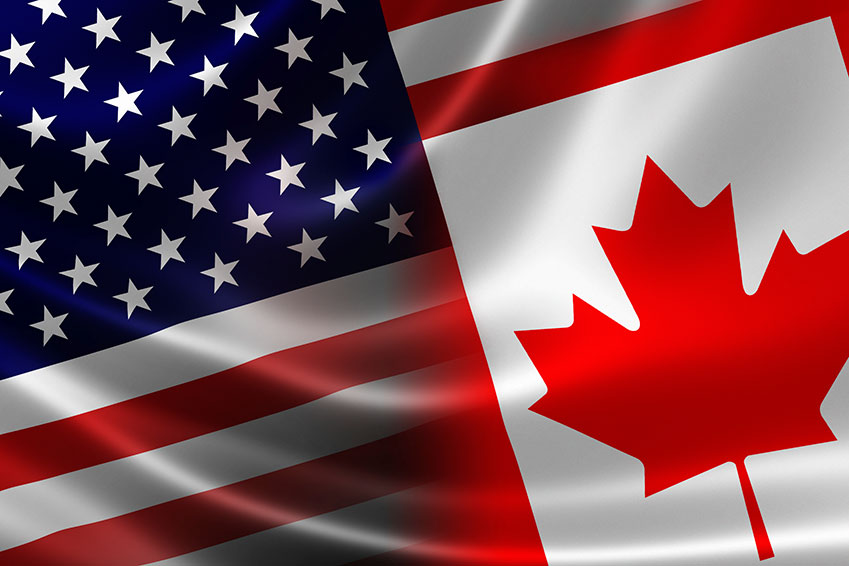AICPA Presses U.S. Treasury to Adopt Recommendations to Ease Tax Burden on U.S. and Canadian Citizens Holding Certain Cross-Border Accounts
March 30, 2016

The American Institute of CPAs (AICPA) has pressed the U.S. Department of the Treasury to adopt three specific recommendations that would provide tax relief to citizens of the United States and Canada who have various cross-border deferred and tax exempt savings accounts that are often subjected to double taxation and unexpected current inclusion in income.
In addition, the AICPA urged the Treasury Department to work with the Canadian Department of Finance to provide similar relief as appropriate. Requests comparable to the AICPA’s are being submitted by the Chartered Professional Accountants of Canada (CPA Canada) to the Canadian Department of Finance and by The American Chamber of Commerce in Canada (AmCham Canada) to both the U.S. Treasury and Canadian Department of Finance.
In the March 4 letter, Troy K. Lewis, CPA, CGMA, chair of the AICPA Tax Executive Committee, explained that both the U.S. and Canada have tax provisions that allow individuals to establish tax-deferred and/or tax-exempt savings accounts. Article XVIII of The United States-Canada Income Tax Convention and associated protocols (“the Treaty”) provides bilateral deferral of tax or inclusion in income for various qualified or registered pension or retirement plans, he wrote, but does not provide any relief from double taxation or current inclusion in income for other plans and accounts such as education plans, disability savings plans and, under certain circumstances, Roth IRAs.
Lewis identified individuals who are impacted as: Americans living in Canada, Canadians living in the U.S., Americans living in the U.S. who contributed to Canadian plans while living in Canada and Canadians living in Canada who contributed to a U.S. plan while living in the U.S.
“Frequently, a cross-border move will result in adverse tax consequences such as unanticipated inclusion in income of amounts saved in a tax-deferred or tax-exempt account which may require the cross border individual to liquidate the accounts to avoid the adverse tax consequences,” Lewis stated. “Often, the forced liquidation itself can result in unanticipated taxable income. Furthermore, the U.S. imposes complex reporting requirements, such as those regarding foreign trusts and Passive Foreign Investment Companies (PFIC), for individuals participating in Canadian plans. These tax implications can adversely impact the individuals and their families, the social objectives of the countries and cross-border mobility.”
In the letter, Lewis wrote that the AICPA recommends that Treasury implement the following measures in order to reduce the tax and reporting burdens associated with various cross-border deferred and tax-exempt savings accounts:
Provide U.S. citizens and residents tax-deferred or tax-exempt treatment, comparable to that offered by Canada to its citizens and residents, for their contributions, income and withdrawals from properly established Canadian Registered Education Savings Plans (RESP), Canadian Registered Disability Savings Plans (RDSP) and Canadian Tax Free Savings Accounts (TFSA).
Exempt properly established Canadian RESP, RDSP and TFSA from classification as grantor trusts. Additionally, exempt U.S. citizens and residents from various onerous statutory filing requirements for foreign trusts and PFICs which can currently exist for these plans.
Work with their Canadian counterparts at Finance Canada to provide similar relief from taxation and burdensome reporting requirements for Canadian citizens and residents who hold and contribute to properly established 529 Plans, qualified ABLE (Achieving a Better Life Experience) accounts and Roth IRAs in the United States.
The letter also includes a detailed description of how each recommendation relates to each type of U.S. or Canadian plan or account.
